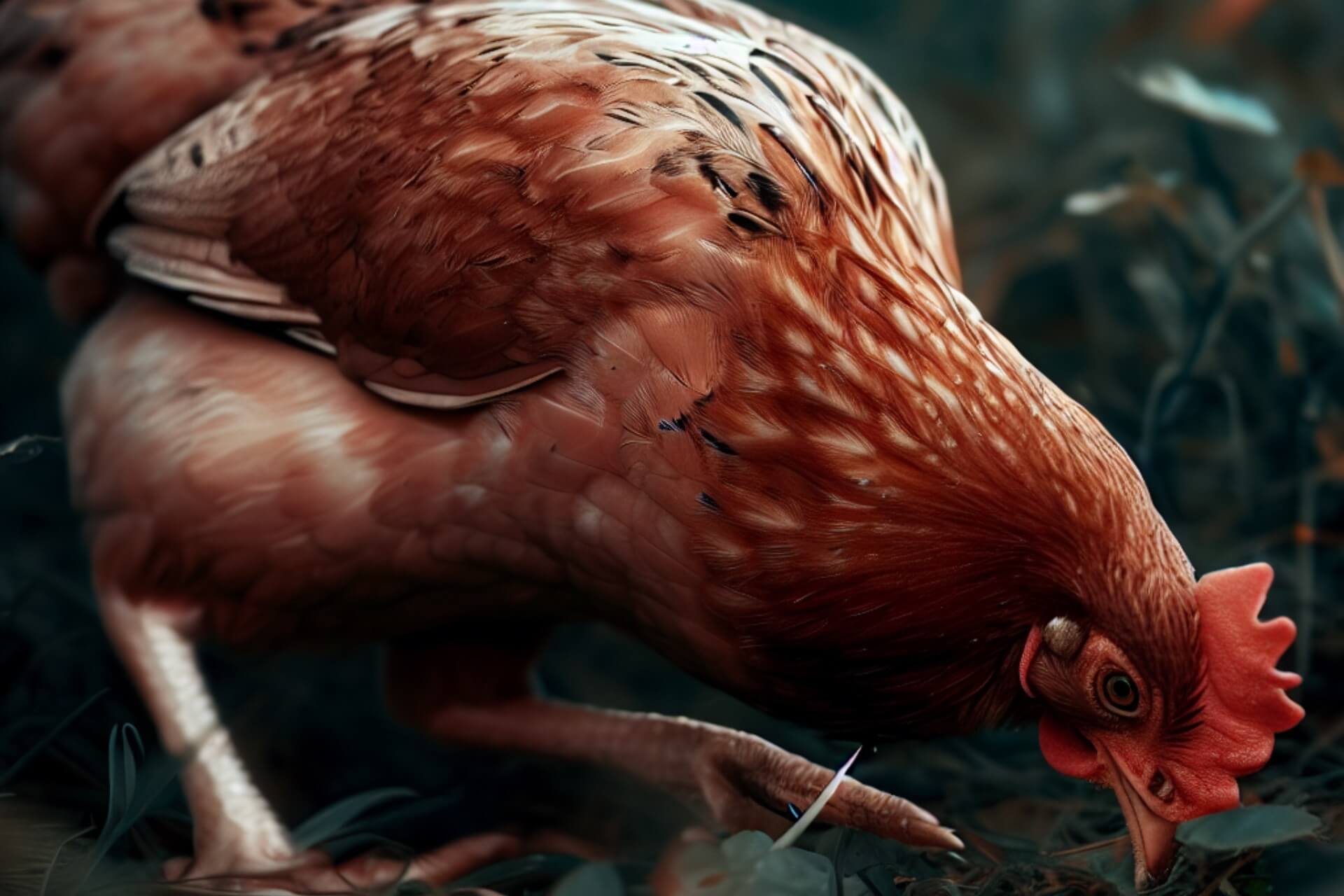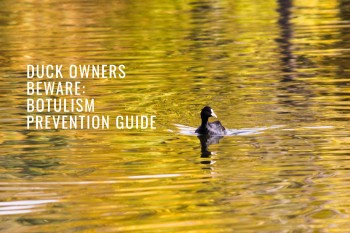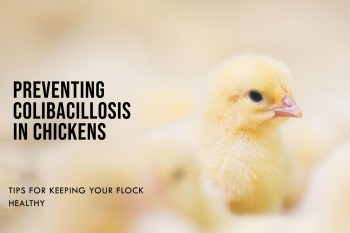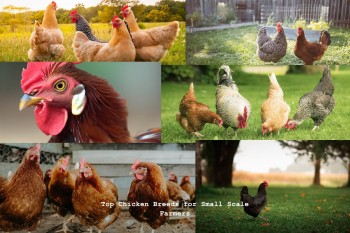The Impact of Fowl Cholera on Poultry Farms: A
Deeper Look
Fowl Cholera, also known as avian cholera or Pasteurella
multocida infection, is a disease that can have a significant impact on poultry
farms. Let's delve deeper into this avian disease, exploring its etiology, the
role of vectors, and its broader implications for the poultry industry.
Etiology of Fowl Cholera:
Fowl Cholera is primarily caused by the bacterium Pasteurella
multocida. This bacterium comes in various serotypes, and some are more
virulent than others. The virulence of the strain can influence the severity of
the disease in infected birds. Understanding the serotype involved in an
outbreak is essential for effective disease management.
Role of Vectors:
Fowl Cholera can be transmitted through various vectors,
including:
1.
Wild Birds: Wild waterfowl and
other birds can carry the bacterium without showing clinical signs. They can
shed the bacterium through feces, nasal secretions, or contaminated water
sources, potentially exposing domestic poultry.
2.
Contaminated Feed and
Water:
Contaminated feed and water sources can introduce the bacterium to your flock.
Proper sanitation of feeding and drinking areas is crucial.
3.
Fomites: Fomites, such as
equipment or clothing contaminated with the bacterium, can also play a role in disease
transmission. Strict hygiene measures, including disinfection protocols, can
help mitigate this risk.
Secondary Infections and Complications:
Fowl Cholera can weaken the immune system of infected birds,
making them susceptible to secondary infections. These secondary infections can
further complicate the disease and lead to higher mortality rates within the
flock. It's important to monitor for any signs of additional health issues in
infected birds.
Treatment Strategies:
Effective treatment of Fowl Cholera involves not only
antibiotics but also addressing other factors:
1.
Antibiotics: Antibiotics like
tetracycline or erythromycin can be administered to infected birds. It's
crucial to follow the veterinarian's prescribed dosage and treatment duration
to prevent antibiotic resistance.
2.
Supportive Care: Providing supportive
care, such as keeping infected birds warm and hydrated, is essential for their
recovery. Ensuring they have access to clean bedding, fresh water, and easily
digestible, high-quality food can aid in their recuperation.
3.
Necropsy and Diagnosis: Conducting a necropsy
(post-mortem examination) on any deceased birds can provide valuable insights
into the extent of the disease and help refine treatment and prevention
strategies.
Preventing Fowl Cholera:
Prevention remains the most effective strategy for managing Fowl
Cholera:
1.
Vaccination: Vaccination can be a
valuable tool in preventing Fowl Cholera outbreaks. Consult with a poultry
health expert to determine the most appropriate vaccination program for your
flock.
2.
Biosecurity Measures: Implement and
rigorously enforce biosecurity measures on your farm. This includes limiting
access to outsiders, controlling the movement of equipment and personnel, and
maintaining strict hygiene protocols.
3.
Quarantine New
Additions:
Quarantine any new birds before introducing them to your existing flock. This
helps prevent the introduction of infectious agents.
4.
Regular Health Checks: Schedule regular
health checks for your poultry, even in the absence of apparent symptoms. Early
detection of diseases like Fowl Cholera can save lives and minimize economic
losses.
5.
Environmental
Management:
Maintain a clean and dry environment for your birds. Proper waste management
and ventilation are critical components of disease prevention.
Fowl Cholera is a disease that demands attention and proactive
measures from poultry farmers. Recognizing its causes, modes of transmission,
and the importance of prevention can help safeguard the health of your ducks
and chickens. By staying informed and implementing sound biosecurity practices,
you can reduce the risk of Fowl Cholera outbreaks on your farm and ensure the
well-being of your poultry flock.

















